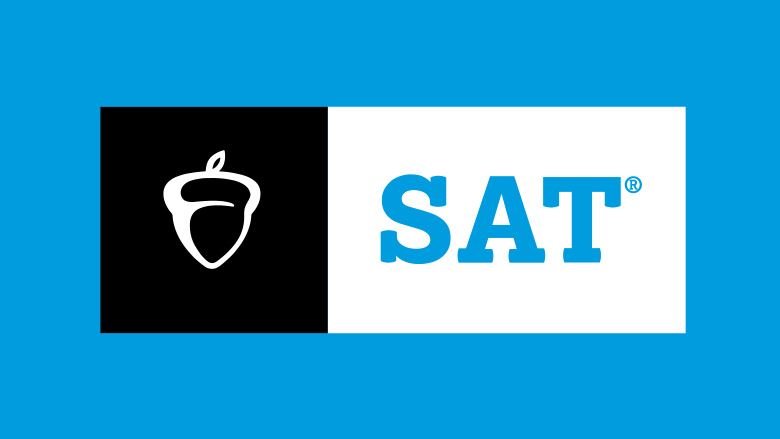
Many quiver at the idea of taking a test that combines all of their high school knowledge, but some students take this opportunity to show where they thrive and excel. Standardized tests like the ACT and SAT, which used to be mandatory, have become optional requirements when applying to college. This is due to factors like the pandemic and schools wanting to adopt the idea of giving students a choice in their applications. The Urban Institute states, “The number of four-year universities and colleges with test-optional policies has nearly doubled from 713 to 1,350 since spring 2020”. Many schools have adopted test-optional policies to best-fit students’ needs.
However, test-optional policies create an issue for many universities. Acuity Insights states that “Widening the net of viable candidates is an intended consequence of test-optional admissions. The increased pressure on admissions offices is not.” Due to the bigger candidate pool and extra pressure, many universities take longer to accept and deny students. This is especially true for prestigious universities. Due to the large pool of applicants, it is harder for these universities to make decisions; consequently, they make misconceptions about many applicants.
Dartmouth, a highly prestigious university with an acceptance rate of 6.2%, has dealt with this issue significantly. They have changed their applications to be test-required as of this year, which aims to benefit students rather than harm them. Sian Beilock, Dartmouth’s President, conducted an internal study on standardized tests, which revealed that standardized test scores outperformed high school grades, essays, and teacher recommendations in predicting students’ success at Dartmouth. Reinstating test scores will better help high-achieving students by understandably displaying their strengths. Additionally, implementing test-required policies will help admission officials make decisions in a faster and more timely manner. This is because admission officers will no longer have to look at applications in a lengthened manner.
Dartmouth has also decided to implement application test requirements to better help low-income students. Economictimes.com states, “Unexpectedly, the researchers found that Dartmouth’s test-optional policy during the pandemic negatively impacted lower-income applicants. Many students from disadvantaged backgrounds chose not to submit their SAT or ACT scores, wrongly assuming their scores were too low. In reality, these scores could have demonstrated resilience and potential, potentially securing their admission”. This is because test results are a helpful tool for admissions staff to find high achievers, especially if the kid is attending a high school where admissions have a history of fewer details regarding the high school and their transcript. The change will benefit students by giving them more of an advantage, by showing their high-achieving qualities in a standardized form, more than just based on what their high school has to offer.
The HEA group, a research and consulting agency focused on college access and success, found that only 18.5% of Ivy League students are low-income. This shocking statistic proves that college admissions are engineered to prioritize high-income students. This is because it’s much easier to stand out to college admissions when your parents can afford tutoring, sports programs, and essay editors that can set you apart. Standardized testing allows students to show how the school has served them, and it also displays how they can perform. Schools are also interested in looking at job success, Standardized test scores are also good indicators of college and job success. Ultimately, Standardized tests can offer evidence of and promote academic rigor, which is invaluable in college and as well as in students’ careers. Matthew Pietrafetta, Ph.D., Founder of Academic Approach, argues that the tests “create gravitational pull toward higher achievement”.
Whether or not standardized tests are beneficial, they do serve to demonstrate many skills that are the best fits into prestigious universities. They can be good indicators that show students’ success and help them get accepted into schools and programs.
